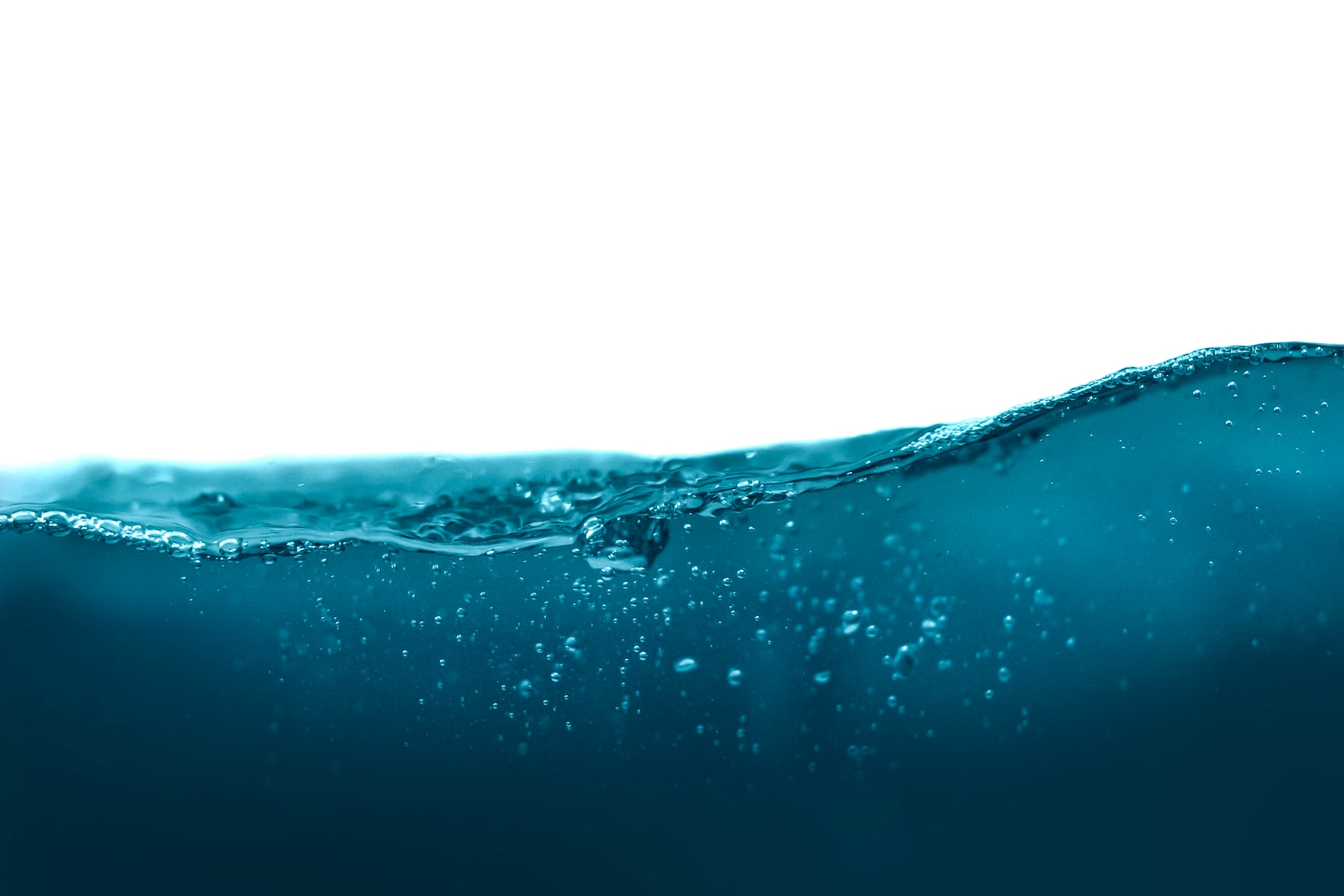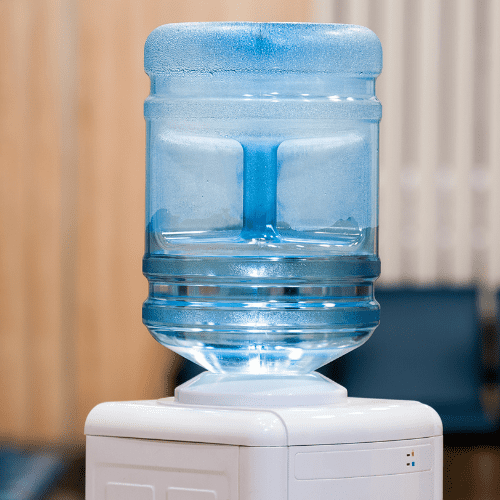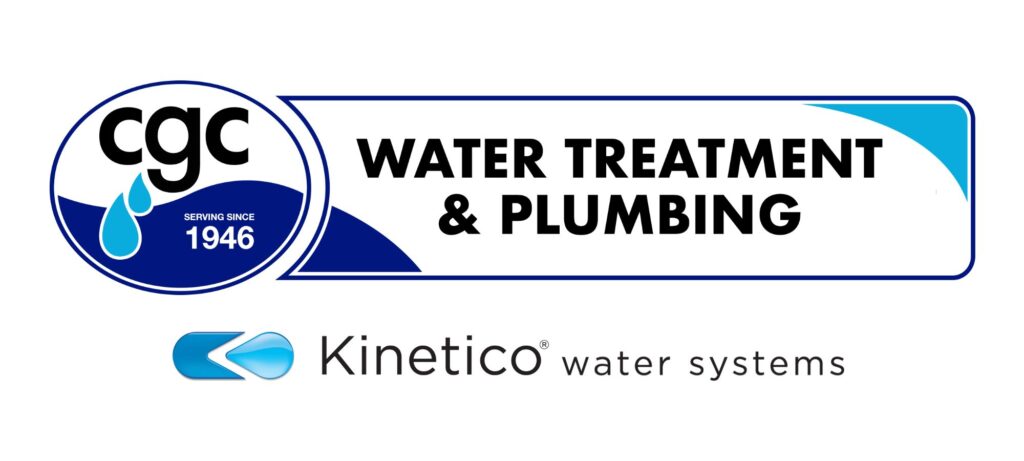Water is essential for our daily lives, but not all water is created equal. Depending on where you live, your water may be classified as hard or soft. Hard water contains a high level of dissolved minerals, such as calcium and magnesium, while soft water has undergone a process to remove these minerals. The difference between hard and soft water matters for a number of reasons, including the impact on your home’s plumbing system and the quality of your drinking water.
Hard Water
Hard water is formed when water runs through deposits of limestone and chalk, picking up minerals like calcium and magnesium along the way. While these minerals are not harmful to our health, they can cause problems for your home’s plumbing system over time. The minerals in hard water can build up inside pipes, causing clogs and reduced water flow. Hard water can also cause mineral deposits to form on appliances like dishwashers and washing machines, reducing their effectiveness and shortening their lifespan.
Additionally, hard water can make cleaning more difficult. The minerals in hard water can react with soap, forming a residue that can be difficult to remove from surfaces. This can leave your dishes looking dull, your clothes feeling stiff, and your bathroom fixtures covered in hard-to-remove soap scum.
Soft Water
Soft water, on the other hand, has had the minerals that cause these problems removed. This is typically achieved through a process called water softening, which can involve the use of a water softener or a water filtration system. Water softeners work by using an ion exchange process to remove the minerals that cause hard water. Water filtration systems, on the other hand, use a variety of methods to remove impurities from water, including minerals like calcium and magnesium.
Benefits of Soft Water
One of the biggest benefits of soft water is that it can help extend the life of your plumbing system and appliances. By removing the minerals that cause buildup, soft water can help prevent clogs and improve water flow. Soft water can also make cleaning easier, as it doesn’t react with soap in the same way as hard water. This can help your clothes last longer, your dishes come out cleaner, and your bathroom fixtures stay looking new.
Another benefit of soft water is that it can improve the taste and quality of your drinking water. Without the minerals that can affect the taste and smell of water, soft water can be more enjoyable to drink. Additionally, soft water can be gentler on your skin and hair, as it doesn’t leave behind a residue that can cause dryness and irritation.
Water Softeners and Water Filtration
If you’re experiencing problems with hard water, or simply want to enjoy the benefits of soft water, there are a number of water softeners and water filtration systems available. A water softener can be installed in your home’s plumbing system to remove the minerals that cause hard water, while a water filtration system can remove impurities and improve the quality of your drinking water. At CGC Water Treatment & Plumbing, we offer a range of water softeners and water filtration systems to meet the needs of homeowners. If you are dealing with hard water, there are several solutions available to help address the issue. And for those who want to ensure high-quality water for their household, CGC Water is here to help. Contact us today to learn more about our water softeners, filtration systems, and other water treatment solutions.








